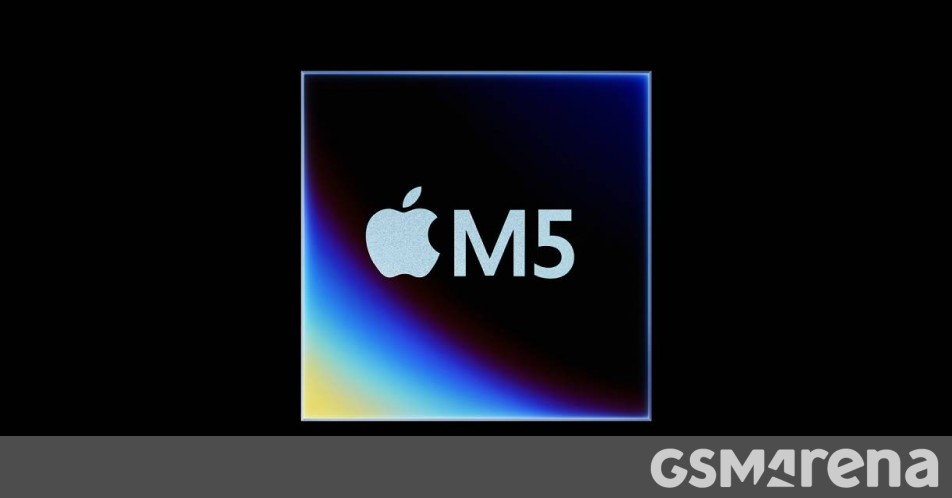Apple’s manufacturing partners have begun packaging the upcoming M5 chips, reports ETNews. Packaging is the process of wiring up the raw silicon die and placing it in a protective case.
The chips are fabbed on a 3nm TSMC node (N3P), which promises a 5% boost in performance and a 5-10% improvement in power efficiency. Apple is expected to focus on AI performance this generation, so expect a beefier NPU. M4’s Neural Engine is rated at 38 TOPS, a massive increase over the 18 TOPS of the M3 Engine.
What’s interesting is that some chips in the M5 generation will use a new technology called System-on-Integrated-Chips-molding-Horizontal (SoIC-mH). This is a way to stack chips and bond them with copper connectors. This method of stacking is expected to improve heat conductivity and to offer higher performance.
The M5 generation will also change how the chip is mounted on the motherboard. Improvements in the adhesive layer that holds chips together and mounts them to the board will allow more chips to be stacked on top of each other (e.g. in smartphone design, RAM is usually placed directly on top of the chipset).

The Apple M4 series of chips: vanilla, Pro and Max
Insiders are reporting that chip packaging will be handled by multiple companies – ASE (Taiwan) will kick things off with the initial batch of mass production, Amkor (US) and JCET (China) will join for later batches.
The expectation is to see the first Apple M5 chips, the vanilla version, in the second half of this year inside the new iPad Pros. Apple also has Pro, Max and Ultra chips in the M5 series in the pipeline. The Apple M5 Pro should be the first to use the SoIC-mH stacking method.
Interestingly, there hasn’t been an Ultra chip since the M2 generation – the M2 Ultra was reserved for the likes of the Mac Pro and as an option for the Mac Studio. Neither the Pro nor the Studio have been upgraded since then. Analysts expect that the Ultra chip will only be unveiled in 2026, though, so the new Mac Pro and Studio might not be coming this year.
Source (in Korean)
